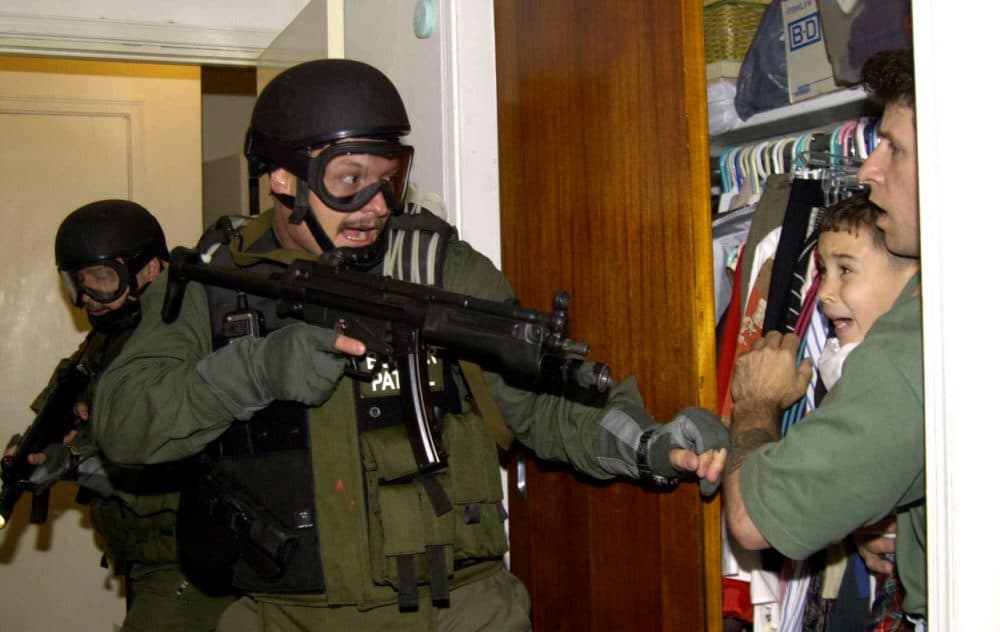Advertisement
15 Years Later, How Elián González Helped Change U.S.-Cuba Relations

It was a story that riveted the nation: a 5-year-old boy was found drifting in the waters off Florida after his mother drowned while trying to escape communist Cuba.
The U.S., following international law, prepared to return the boy Elián González to his father in Cuba, sparking outrage in much of Miami's anti-Communist Cuban-American community, which demanded Elián stay in Miami with his relatives.
Tim Padgett of Here & Now contributing station WLRN in Miami reports on how the situation affected the Cuban-American community and may have ultimately led to U.S.-Cuba normalization today.
Reporter
- Tim Padgett, Americas editor at WLRN in Miami. He tweets @TimPadgett2.
This segment aired on June 25, 2015.